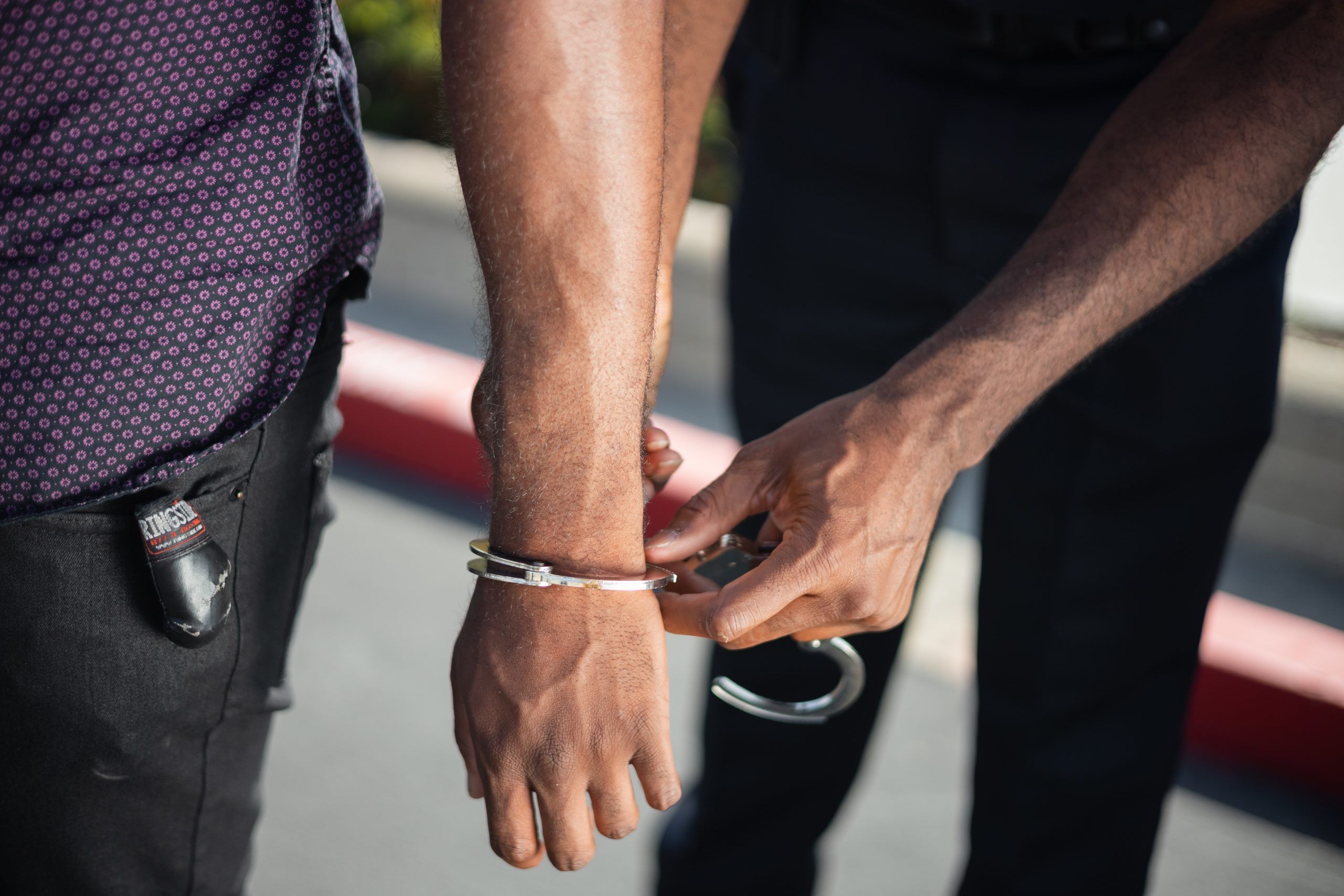Police Power To Arrest (Queensland, Australia)
The police in Queensland have the right to arrest suspects for various reasons and situations. The police power to arrest, procedures, and the rights of the person being arrested are codified in the Police Powers and Responsibilities Act 2000 (Qld) (“PPRA”). An effective arrest by police in Queensland is procedural as the police must tell the person being arrested that “You are under arrest.” The police need to handcuff the arrested person and are allowed to use force if necessary. After the announcement of the arrest, the police are required to touch the person being arrested. However, handcuffing and forcible physical contact are exempted when a person co-operates with their arrest.
Police’s power to arrest in Queensland does not override the suspect’s right to inquire about the arrest. One has the right to ask the police the reason for their arrest. The police have the right to lead the arrested person to the police station, where they can be remanded or bailed.
The police arrest powers vary, considering the circumstances and motives of the arrest. Section 365 of the Police Powers and Responsibilities Act 2000 outlines the powers police have to arrest an individual with or without a warrant.

Arrest With Warrant
Unless the arrest reason meets the criteria highlighted above and other provisions of the PPRA, the police should produce a warrant before declaring arrest. A justice issues a warrant if they reasonably believe a person has committed an offence and are likely to abscond court sessions for the offence. A police officer applies for a warrant of arrest, which must include their name and a directive that any law enforcement can use the warrant to arrest the person named in it. For context, a warrant is issued when it is reasonably proven that proceeding by way of summoning and complaint is ineffective because the suspect cannot be served.
Other powers to arrest are circumstantially issued to the police when a person’s arrest is connected to indictable and summary offences. Section 418 of the PPRA compels the police to allow a person to call a relative, friend, or attorney before they are interrogated. However, this section’s provisions are not applicable when a person is being arrested in relation to summary offences. Instead, one is charged and remanded or bailed.
Smith Criminal Law is a reputable law firm with experienced criminal lawyers that will guide you on legal matters. Contact us if you need legal advice, expert and professional consultation, or representation in criminal law cases.


